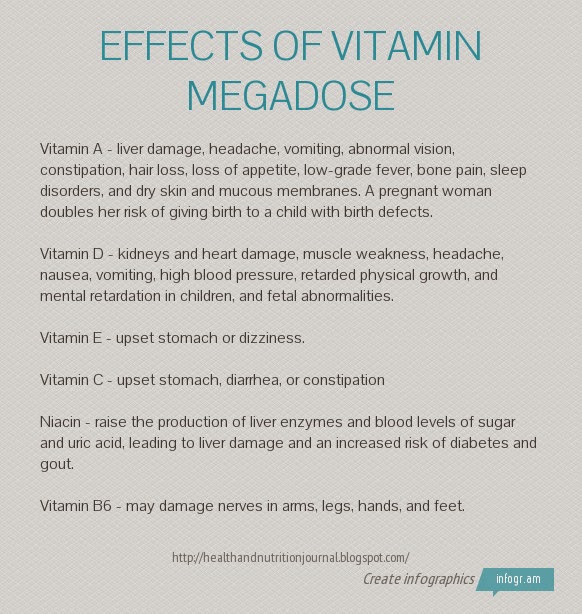The
food you eat not only contributes to the quality of your weight and general
health, but also on how well you sleep. Some foods help you sleep better. While
others can make sleep difficult or even impossible.
Foods
that improve sleep include fruits, green leafy vegetables, whole grain breads
and cereals, and mushrooms. Even spices such as dill, sage and basil help with
sleep problems.
Drinking
milk before bedtime, a common method to aid sleep, is actually effective. Milk
actually contains tryptophan, which can be converted to serotonin, the hormone
that controls sleep. Honey, turkey, egg whites and tuna also contain
tryptophan, which are good night time snacks.
Alternatively,
caffeine-rich food and beverages should be avoided right before going to bed.
This includes coffee, tea, chocolate, cocoa, soft drinks and some medications.
Some foods that are rich in tyramine can also affect sleep. Tyramine actually
causes the release of a substance that stimulates the brain keeping you awake.
This is found in bacon, cheese, sugar, ham or tomatoes.
Spicy
foods, on the other hand, may cause gastrointestinal reflux or heartburn. While
sweet or greasy foods can also cause indigestion and bloating. And though
alcohol can make you sleepy, it actually upsets sleep patterns later in the
night resulting to frequent waking in the night to urinate.
Even
how much and when you eat affect sleep patterns. It is best to keep the last
meal of the day light. Eating too much or heavy meals before sleeping may cause
indigestion, heartburn and discomfort. It is recommended to start with a hearty
breakfast, the main meal of the day around noon, and a light supper early in
the evening.
You may
also take vitamins and supplements to aid sleep. Calcium and magnesium helps
induce sleep. Calcium-rich foods include milk, cheese, yogurt, ice cream,
sardines, salmon, broccoli, tofu, egg, and calcium-fortified food. Magnesium is
found in nuts, almonds, cashews, beans, and spinach. Vitamins B6 and B12 are
often beneficial and used in the treatment of insomnia. Some of the foods that
contain Vitamin B6 are liver, meat, brown rice, fish, butter, wheat germ, whole
grain cereals, and soybeans. Foods rich in Vitamin B12 include some plant
milks, some soy products and some breakfast cereals.
Be
careful on what foods you eat. It can directly affect the way you sleep. By
improving your eating habits, you will have a better chance at a good night’s
sleep.







































